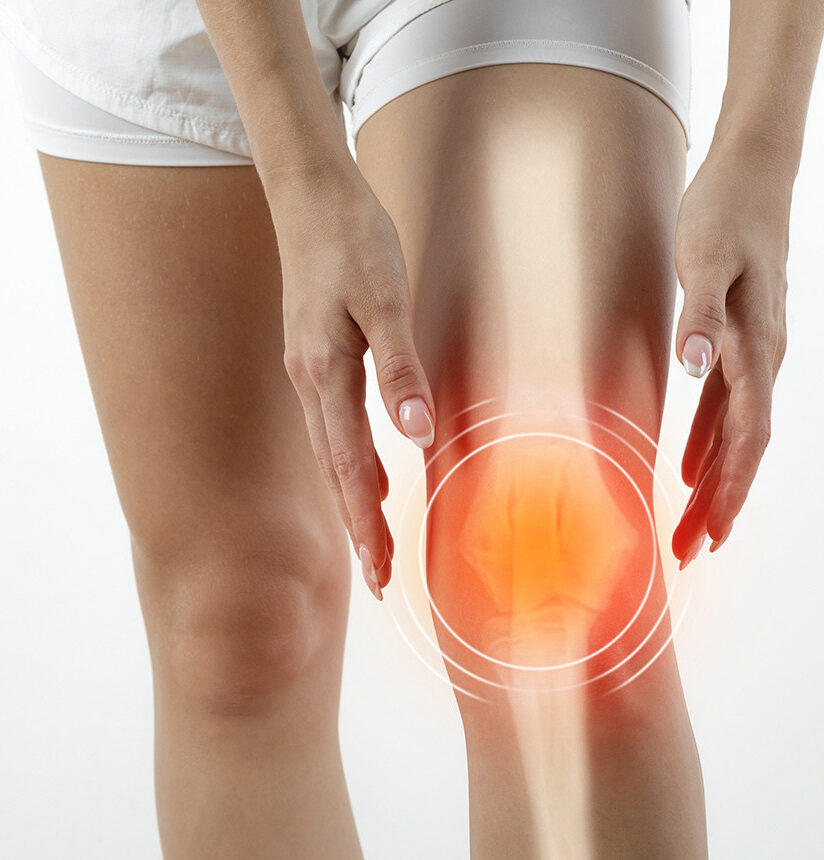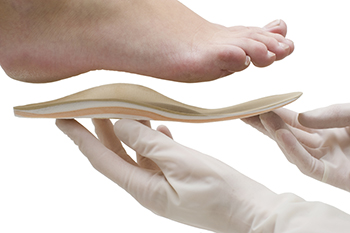Beyond his clinical practice, Dr. Verman actively seeks out and integrates the latest innovations and cutting-edge technologies into his practice in Mathura. By staying at the forefront of advancements in orthopaedic medicine, he ensures that his patients benefit from the most up-to-date and effective treatment options available.
Arthritis Treatment in Mathura: An Overview
Arthritis is a common and often debilitating condition that affects the joints, causing pain, stiffness, and mobility issues. It includes a variety of forms, the most common of which are rheumatoid arthritis and osteoarthritis. Any joint in the body, including the hands, knees, hips, and spine, can develop arthritis.

What Are Some Common Causes of Arthritis?
Arthritis can have several contributing factors, including:
- Age: The risk of arthritis increases with age as joint wear and tear accumulate over time.
- Genetics: People who have a history of arthritis in their families may be predisposed to the disease.
- Autoimmune Factors: Rheumatoid arthritis is caused by the immune system mistakenly attacking healthy joint tissue.
- Joint Injuries: Previous joint injuries, such as fractures or dislocations, can increase the likelihood of arthritis in the affected joint.
- Obesity: Carrying too much body weight puts additional strain on weight-bearing joints, which can cause arthritis.
- Infections: Some infections can result in reactive arthritis, causing inflamed joints.
- Environmental Factors: Occupational hazards, chronic stress, and exposure to certain toxins can all aggravate arthritis.

Symptoms of Arthritis:
Signs and symptoms of arthritis include:
- Joint discomfort
- Reduced range of motion
- Stiffness, swelling, or inflammation
- Warmth surrounding the joint
- Fatigue
Arthritis Treatment Options:
The management of arthritis depends on the type, severity, and individual needs. Treatment options include:
- Medications: Pain relievers, anti-inflammatories, and disease-modifying drugs can help manage symptoms.
- Custom-made insoles for osteoarthritis: Orthotic inserts are specially designed to provide tailored support and cushioning to individuals with osteoarthritis. These insoles can help alleviate pain and discomfort associated with osteoarthritis, particularly in weight-bearing joints like the knees.
After conducting a thorough foot scan using a state-of-the-art foot scan machine at Verman Hospital’s Happy Heels, we craft customised orthotics tailored to your unique needs, all completed within 45 minutes. Designed specifically for a person’s joint structure, these orthotics can offer individualised support and relieve pain.

One significant benefit of custom-made insoles for osteoarthritis is that they can potentially help delay the need for surgical interventions, such as joint replacement surgery, by providing effective pain relief and improving joint function. Patients can even delay surgical procedures for osteoarthritis by 8 to 10 years or more with the use of these customized orthotic solutions.
- Physical Therapy: At our rehabilitation and physiotherapy centre, we offer specialised programs for knee problems. Our dedicated knee physiotherapy centre offers tailored programs designed to meet your unique needs. We assess your condition, explain your personalized program, and adjust it as you progress for effective care.
- Stem Cell Therapy or PRP: Stem cells are unique cells in the body that have the ability to develop into various specialized cell types. In the context of arthritis treatment, mesenchymal stem cells (MSCs) are often used because they have the potential to differentiate into bone, cartilage, and other connective tissues. In stem cell therapy for arthritis, stem cells are harvested from the patient’s own body, typically from sources like bone marrow or adipose (fat) tissue. These stem cells are then processed and concentrated to create a solution rich in MSCs.
The stem cell solution is typically injected directly into the affected joint(s) or the surrounding tissues using imaging guidance, such as ultrasound or fluoroscopy, to ensure precise placement.
This therapy can also allow patients to delay surgical intervention for arthritis by 8 to 10 years or more.
- Weight Management: Keeping a healthy weight lowers the strain on joints.
- Injections: Corticosteroid or hyaluronic acid injections can offer some relief.
- Surgery Options: When non-invasive treatments for arthritis, such as prescription medications, physical therapy, and dietary changes, are ineffective and the pain and impairment brought on by the condition negatively impact a person’s quality of life, surgical options may be considered. The sort of surgery to be performed will depend on the type of arthritis, how severe it is, and the patient’s unique circumstances. Here are a few popular arthritic surgical procedures:
Surgery to replace a joint:- Total Joint Replacement: Joint replacement surgery is frequently carried out for arthritis in the hip and knee. The damaged joint surfaces are removed during this procedure and artificial components made of metal and plastic are used in their place. Joint function can be enhanced and pain can be considerably reduced with total joint replacement.
- Partial Joint Replacement: When only one portion of the joint is arthritic, a partial joint replacement, also referred to as a unicompartmental replacement, is performed. A partial knee replacement, for instance, just replaces the damaged portion of the knee joint.
- Resurfacing: In some cases, rather than replacing the entire joint, only the damaged cartilage is removed and replaced with a metal cap or resurfacing implant. This is often used for hip arthritis.
FAQs about Arthritis:
While some factors like genetics are beyond control, lifestyle modifications such as maintaining a healthy weight, staying physically active, and protecting joints from injury can reduce the risk of developing arthritis.
Osteoarthritis, rheumatoid arthritis, psoriatic arthritis, and other kinds of arthritis can all be treated surgically. Depending on the particular form of arthritis and the damaged joints, a different surgical method may be chosen.
When conservative therapies like medicine and physical therapy are unable to control symptoms of arthritis, surgery may be considered as a last resort. Before recommending surgery, your orthopaedic surgeon will assess your condition and take into account elements including the intensity of the pain, joint damage, and your general health.
Joint replacement surgery, such as total hip or knee replacement, can offer significant benefits, including pain relief, improved joint function, increased mobility, and an enhanced quality of life. It can allow individuals to return to activities that may have been limited due to arthritis pain.
Although a few months may pass before a person is fully recovered and able to resume normal activities, most people see significant progress in the weeks immediately following surgery.
It depends on the type of surgery and the recommendations of your surgeon. While joint replacement surgery can improve your ability to engage in physical activities, some high-impact sports may need to be avoided to prolong the lifespan of the joint implant.
Get Arthritis Treatment by the Top-rated Orthopaedic Surgeon to Treat Pain in Mathura
Arthritis is a prevalent and often debilitating condition in the field of orthopaedics. Dr. Swapnil Verman has garnered recognition for his proficiency in effectively managing arthritis, a complex condition that affects the joints. His method of treating arthritis combines evidence-based therapies with individualised care to give each patient a unique plan to reduce pain, restore joint function, and improve their overall quality of life.

Dr. Swapnil Verman
Contact us
Make an Appointment
Contact
+ 91 9760070333
Location
Verman Hospital,Sadar Road,Mathura,281001
